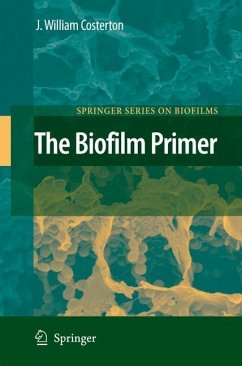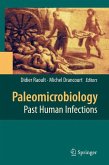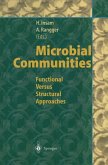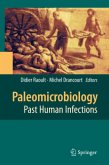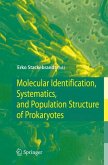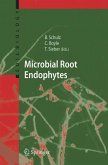This book details the widely accepted hypothesis that the majority of bacteria in virtually all ecosystems grow in matrix-enclosed biofilms. The author, who proposed this biofilm hypothesis, uses direct evidence from microscopy and from molecular techniques, presenting cogent reasons for moving beyond conventional culture methods that dominated microbiology throughout the last century. Bacteria grow predominantly in biofilms in all natural, engineered, and pathogenic ecosystems, and this book provides a solid basis for the understanding of bacterial processes in environmental, industrial, agricultural, dental and medical microbiology. Using a unique "ecological" perspective, the author explores the commensal and pathogenic colonization of human organ systems.
Hinweis: Dieser Artikel kann nur an eine deutsche Lieferadresse ausgeliefert werden.
Hinweis: Dieser Artikel kann nur an eine deutsche Lieferadresse ausgeliefert werden.

